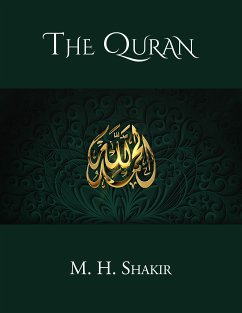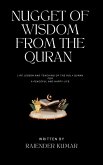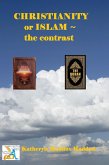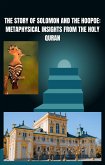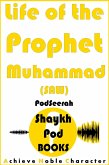The Quran assumes familiarity with major narratives recounted in the Biblical scriptures. It summarizes some, dwells at length on others and, in some cases, presents alternative accounts and interpretations of events. The Quran describes itself as a book of guidance for mankind 2:185. It sometimes offers detailed accounts of specific historical events, and it often emphasizes the moral significance of an event over its narrative sequence. Hadith are additional oral and written traditions supplementing the Quran; from careful authentication they are believed to describe words and actions of Muhammad, and in some traditions also those closest to him. In most denominations of Islam, the Quran is used together with hadith to interpret sharia (Islamic) law; in a small number of denominations, only the Quran is used as a source. During prayers, the Quran is recited only in Arabic.
Someone who has memorized the entire Quran is called a hafiz. Quranic verse (ayah) is sometimes recited with a special kind of elocution reserved for this purpose, called tajwid. During the month of Ramadan, Muslims typically complete the recitation of the whole Quran during tarawih prayers. In order to extrapolate the meaning of a particular Quranic verse, most Muslims rely on exegesis, or tafsir.
Dieser Download kann aus rechtlichen Gründen nur mit Rechnungsadresse in A, B, BG, CY, CZ, D, DK, EW, E, FIN, F, GR, H, IRL, I, LT, L, LR, M, NL, PL, P, R, S, SLO, SK ausgeliefert werden.

